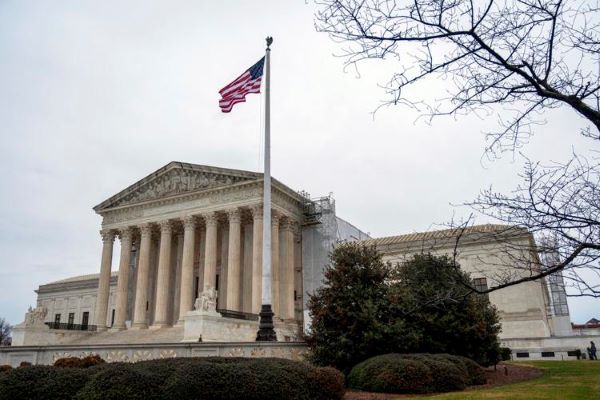Politics
Supreme Court establishes guidelines for authorities who obstruct critics on social networking platforms
In a watershed moment, the United States Supreme Court has issued groundbreaking rulings delineating the permissible boundaries of social media interaction for public officials. These decisions carry profound implications for the evolving dynamics between government representatives and citizens in the digital age.
Clarifying the Line Between Official Duties and Personal Expression
In her court writing, Justice Amy Coney Barrett emphasized the crucial distinction between official conduct and private expression. This pertained specifically to social media platforms. The court emphasized that public officials must navigate this nuanced terrain with careful consideration. The determination hinges on substance rather than superficial labels.
“Barrett’s court writing stresses the difference between official conduct and private expression, especially on social media,” according to Bloomberg Subscription.
Legal Ramifications for Blocking Dissenting Voices
The court’s rulings establish clear parameters for when public officials can face legal repercussions for blocking or deleting critical commentary on their social media accounts. Officials wielding state authority and exercising it in their online interactions may be subject to scrutiny under the First Amendment.
The Importance of Account Transparency
Highlighting the necessity of transparency, the court stressed the importance of public officials clearly differentiating between personal and official social media accounts. Failure to do so could heighten legal liabilities and expose officials to increased scrutiny.
Implications Across Governmental Levels
The cases under review underscore the broad impact of the court’s decisions across various tiers of government. They involve a city manager in Michigan and school board members in California. As social media platforms increasingly serve as vehicles for governmental communication, these rulings provide a critical framework. They help navigate online engagement effectively.
Broader Significance in Tech-Related Legal Disputes
Beyond the specific cases at hand, the court’s rulings hold broader significance in the realm of tech-related legal disputes. In the current term, the justices will address the constitutionality of laws regulating social media content moderation and examine governmental influence over online discourse.
Challenges in Practical Application
The rulings provide clarity on the responsibilities of public officials. However, some legal experts express concerns about the practical application of the court’s criteria. The rulings, they argue, leave room for interpretation and may pose challenges for lower courts tasked with applying them to specific cases.
Shaping the Future of Governance and Communication
Despite these challenges, the United States Supreme Court decisions mark a significant step towards safeguarding constitutional rights. They also foster democratic discourse in the digital era. As technology continues to evolve, these rulings will undoubtedly shape the future of governance. They will also influence communication between public officials and the citizenry.
Subscribe now for a two-year WSJ Print Edition, plus digital access on iPhone, Android, and PC. Stay informed on finance, politics, and more. Sign up today and save up to 70%.
For more information, please contact the following telephone number:
WSJ Phone Number: (800) 581-3716

